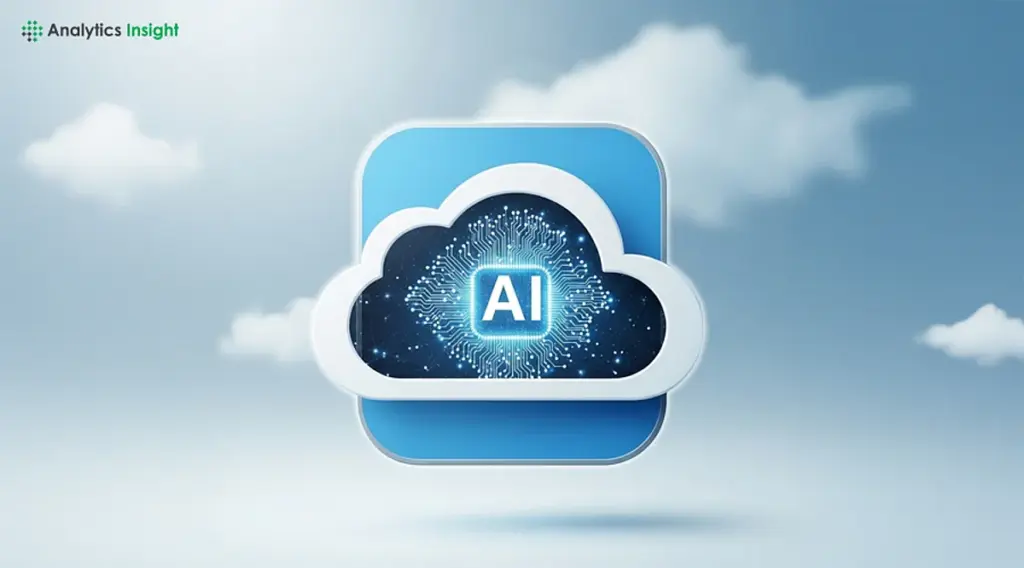
Artificial intelligence (AI) is fundamentally transforming the Software as a Service (SaaS) landscape, enhancing operational efficiency and user experiences. Companies that have integrated AI into their platforms are experiencing faster growth, increased productivity, and a competitive edge in the market. As AI technology continues to evolve, it is not just optimizing existing systems but also demanding a complete rethinking of software architecture.
AI’s Impact on SaaS Adoption
Historically, AI was an afterthought for many SaaS companies. Initially, AI chatbots were deployed merely to handle basic customer inquiries. Today, nearly 70% of SaaS firms utilize AI in some capacity. This includes enhancing product offerings, streamlining internal processes, and making data-driven decisions. Companies that adopt AI are showing an impressive growth trajectory, proving more profitable than their non-AI counterparts.
The capabilities now integrated into SaaS platforms are noteworthy. AI automates routine tasks such as data entry and customer interactions, allowing businesses to allocate resources more effectively. Furthermore, AI can analyze vast datasets to generate insights in seconds, enhancing decision-making processes. Aspects like content generation have also been revolutionized, with AI tools creating emails and other materials in a fraction of the time it would take a human.
The Rise of Intelligent Agents
Looking ahead, the concept of ‘agentic AI’ is poised to redefine how users engage with software. This innovative system can handle complex tasks with minimal human intervention. For example, rather than manually collating data from various applications, a user could instruct an AI agent to compile a report, which the agent would execute seamlessly across multiple platforms.
This shift will likely lead to the gradual phasing out of traditional software interfaces. Instead of navigating through menus, users will interact with intelligent agents via voice or text commands. This evolution suggests that future software experiences may be less about direct manipulation and more about intelligent assistance.
AI functionalities currently in play include natural language processing, which allows users to pose questions like “How were sales last month?” and receive clear, concise responses. AI agents streamline customer service tasks, assist in employee onboarding, and even automate scheduling. In larger SaaS applications, AI manages server maintenance and system updates autonomously, showcasing its potential to revolutionize operational workflows.
The competitive landscape of SaaS is shifting as well. Companies that embrace AI early, particularly startups that embed AI into their core services, are scaling quickly. Conversely, businesses that delay AI adoption risk falling behind, losing customers, and potentially facing obsolescence. Established SaaS giants that successfully integrate AI into their offerings are expected to solidify their market positions.
According to industry analysts, the value of AI in SaaS is projected to exceed $100 billion by late 2025, with annual growth rates anticipated to surpass 35%. This growth underscores the financial impact AI is having on the sector.
While the benefits of AI are clear, challenges remain. Implementing AI can be costly, particularly for businesses that need to invest in data acquisition, infrastructure, or specialized talent. Some companies may find that their AI initiatives do not yield immediate returns, leading to higher expenses than anticipated. Hence, strategic planning is crucial for maximizing the potential of AI investments.
Security and privacy concerns are also paramount as AI becomes more integrated into consumer software. Many enterprises are wary of data leaks associated with public AI tools, prompting some to ban their use in workplace settings. To mitigate these risks, SaaS providers must establish stringent governance policies, including clear guidelines for AI usage and regular audits of AI-driven decisions. Building trust with users is essential; without robust governance, adoption of these advanced features may be hindered.
Real-world applications of AI in SaaS are already being demonstrated by several companies. For instance, Freshworks plans to roll out AI agents across its customer support and CRM platform by the end of 2025. Similarly, ServiceNow is leveraging AI to automate routine HR, IT, and finance requests, while Adobe is enhancing marketing capabilities through AI tools that assist in content creation and customer analysis. New startups like Artisan and Docket are leading the charge by developing SaaS solutions that rely solely on intelligent agents.
As SaaS companies navigate this evolving landscape, it is vital for them to embed AI into their product experiences rather than treating it as an add-on feature. Establishing explicit policies regarding AI usage is necessary to maintain user confidence and comply with regulations. Additionally, investing in AI for internal processes can yield significant operational benefits.
In the near future, it is expected that more SaaS platforms will introduce AI assistants and analytical tools. Over the next few years, agent-based applications capable of performing tasks with minimal user input will become the norm. Ultimately, the SaaS landscape may shift from task-specific tools to a model where users issue commands to AI agents that manage the intricacies behind the scenes.
AI is reshaping the software landscape, enabling users to achieve more with fewer resources. Early adopters of AI within the SaaS sector are already witnessing significant advantages, including increased user satisfaction and profitability. As this transformation unfolds, the companies that lead the charge will be those that not only integrate AI but fundamentally redesign their systems around it.







